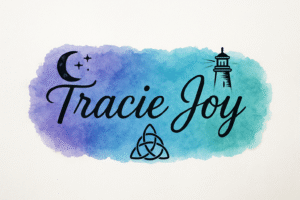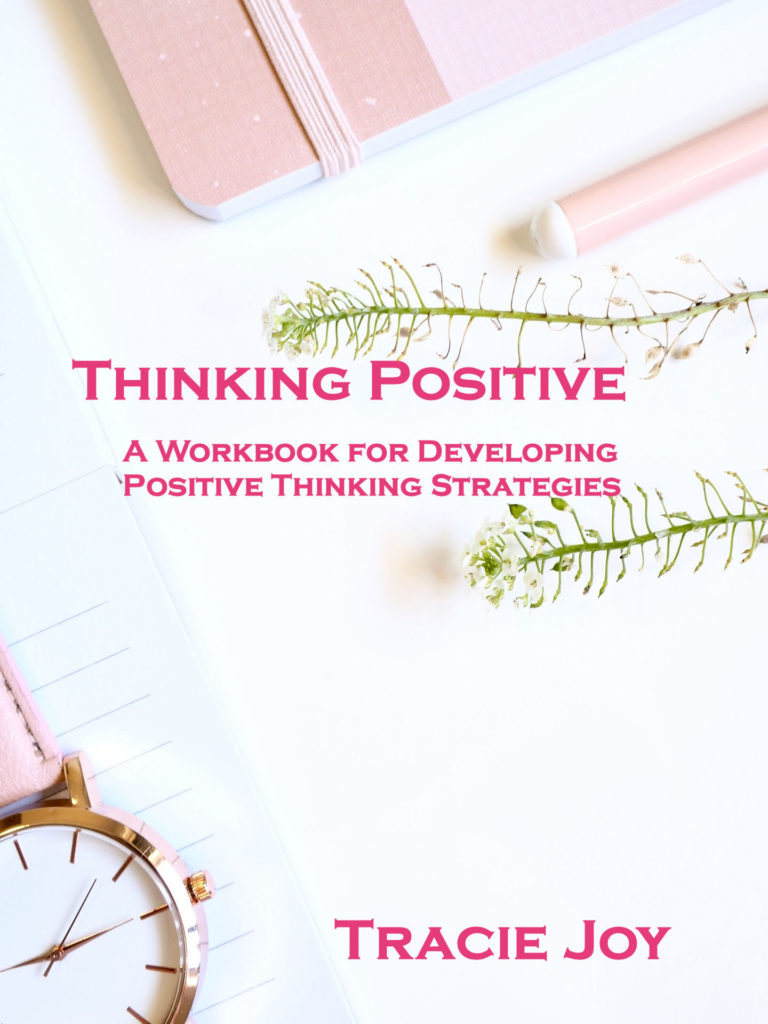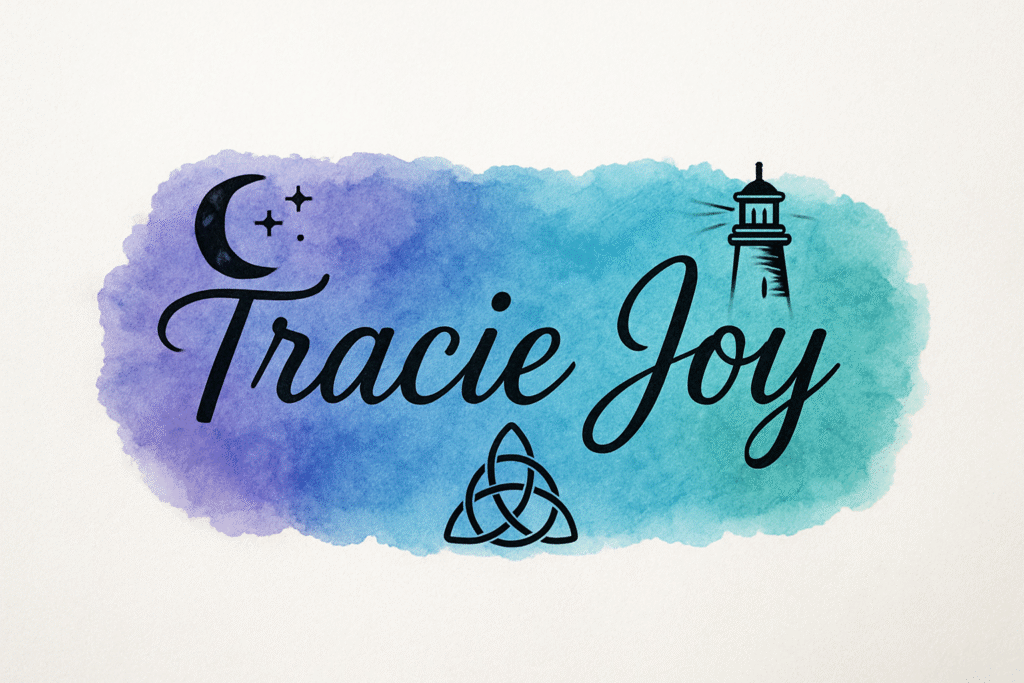7 Proven Ways to Crush Writer’s Block
Every writer wants to know how to crush writer’s block—that dreaded creative freeze when your mind feels like a blank page. Whether you’re crafting a novel, blog post, or screenplay, it’s a frustrating experience. The good news? You can break through it with a mix of mindset shifts, practical exercises, and environmental tweaks.
In this post, we’ll explore seven proven strategies to help you get your words flowing again, including tips you can start using today.
1. Change Your Writing Environment
Your surroundings have a massive influence on your creativity. If you’re stuck, try moving to a new location—a coffee shop, library, or even your backyard. A change in scenery signals your brain that it’s time for something new, helping  you crush writer’s block by breaking the monotony.
you crush writer’s block by breaking the monotony.
Even small changes, like adding a candle, playing soft background music, or adjusting your lighting, can shift your mental state. You can also check out this guide on environment hacks for writers for more ideas.
2. Set a Timer and Free Write
When perfectionism stops you from writing, give yourself permission to write badly—on purpose. Set a timer for 10–15 minutes and write nonstop about anything, even if it’s just “I don’t know what to write.” This low-pressure technique, known as free writing, helps you bypass your inner critic and can quickly help you crush writer’s block.
It’s not about producing polished work—it’s about getting words on the page. You might be surprised how often a throwaway sentence sparks your next great idea.
3. Break Your Project into Smaller Pieces
Big writing projects can feel overwhelming. Instead of staring at a giant, impossible task, break it into smaller, more manageable chunks. Focus on one section, paragraph, or even a single sentence at a time. This micro-goal method reduces pressure and helps you crush writer’s block by creating quick wins that build momentum.
For example, if you’re writing a novel, commit to just one scene per session. If you’re writing a blog post, tackle the introduction today and the body tomorrow. Small steps add up fast.
4. Read Something in a Different Genre
Inspiration often comes from unexpected places. If you’re struggling to find the right words, step away from your current project and read something completely different—poetry, a biography, or even a graphic novel. Absorbing other styles, voices, and rhythms can unlock your creativity and help you crush writer’s block.
Many successful authors swear by this. As I mentioned in my post on writing compelling characters, exploring different genres sharpens your skills in ways that directly impact your own work.
5. Use Prompts to Jump start Creativity
Writing prompts are like mental warm-ups. They give you a starting point so you’re never facing a completely blank page. Prompts can be as simple as “Describe your morning coffee in detail” or as complex as “Write a scene where two characters argue without speaking.”
You can find free daily prompts online, but one of my favorite resources is Reedsy’s creative writing prompt generator. A single prompt can help you crush writer’s block and lead to an entire new story idea.
6. Write at a Different Time of Day
Sometimes it’s not what you’re writing—it’s when you’re writing. Pay attention to your natural energy cycles. If you’re a  morning person, try writing before breakfast. If you hit your creative peak at night, shift your schedule to match. I know we’ve all heard the bit about getting up an hour earlier and writing. That is not, and never will be me. I hate mornings with a fiery passion. There is no way on God’s green earth that I am going to get up early and write. I would fall asleep on my computer. Find your best time.
morning person, try writing before breakfast. If you hit your creative peak at night, shift your schedule to match. I know we’ve all heard the bit about getting up an hour earlier and writing. That is not, and never will be me. I hate mornings with a fiery passion. There is no way on God’s green earth that I am going to get up early and write. I would fall asleep on my computer. Find your best time.
Changing your writing time can surprise your brain into producing fresh ideas, making it easier to crush writer’s block and tap into your natural flow.
7. Give Yourself Permission to Rest
Sometimes the best way to crush writer’s block is to stop trying so hard. Step away from your project for a day—or even a week—and focus on something else that fuels your creativity. Take a walk, try a new recipe, or enjoy time with friends.
Creative breakthroughs often happen when you’re not actively writing. Your subconscious keeps working, and when you return to the page, you’ll often find the words come more easily.
Final Thoughts
Writer’s block is frustrating, but it’s not permanent. By experimenting with these seven strategies, you’ll discover what works best for you. The key is to keep moving forward—whether that means changing your environment, breaking projects into smaller parts, or simply taking a rest.
Remember: writing is a practice, and like any skill, persistence pays off. Use these tools to crush writer’s block and keep your creative momentum alive.
For more writing tips, check out my post on writing realistic dialogue—another common struggle for authors.



